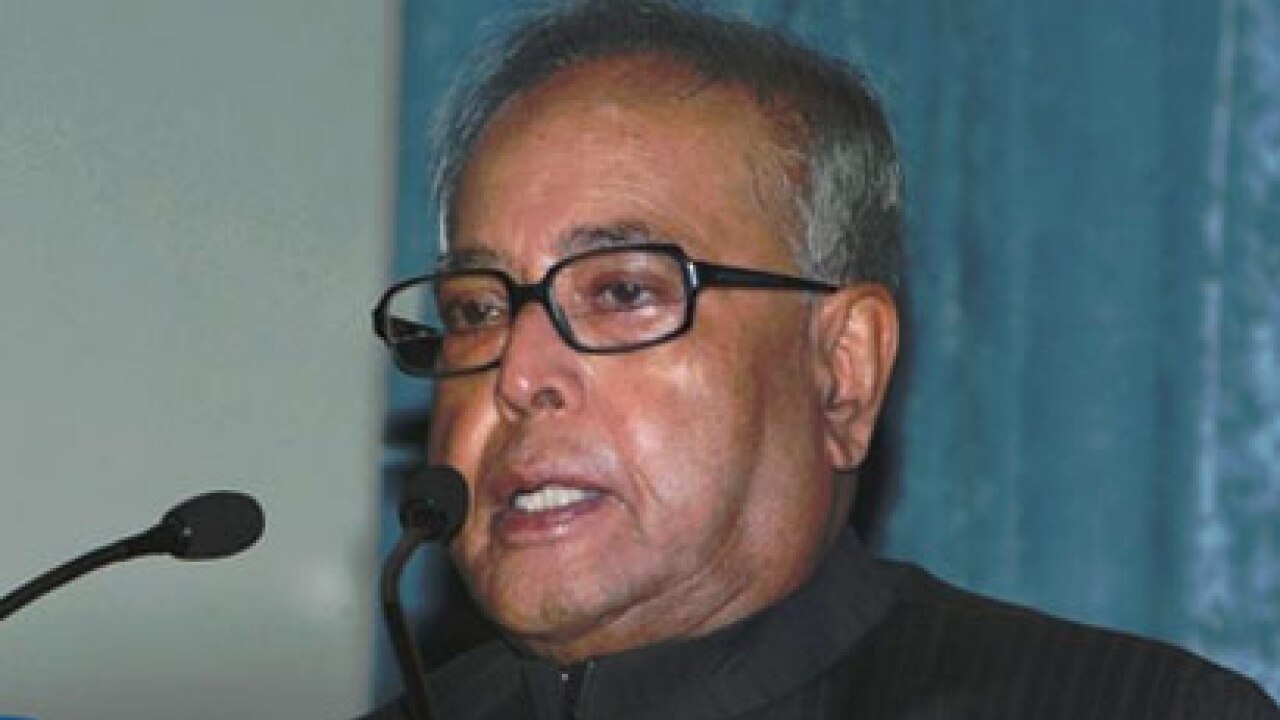
Finance minister Pranab Mukherjee announced on Monday a food security bill for 2011-12, a budget measure that would provide cheap grains for millions of India''s poor but which has sparked worries over its huge cost.
It was part of a slew of increased social spending in the annual budget as Prime Minister Manmohan Singh confronts high prices and corruption scandals as well as elections in five states this year.
In his ongoing budget speech, Mukherjee said social spending would rise by 17% in 2011-12. That includes health spending, which would rise 20% in the fiscal year starting April 1.
But the government hopes bouyant tax revenues from near-nine percent economic growth will keep fiscal deficit falling to 5.1% of GDP this fiscal year and to 4.6 percent of GDP in 2011-12 - figures widely seen as too optimistic.
"Both the borrowing and fiscal deficit numbers have been worked out taking into account the most optimistic macro-economic scenarios, which in all likelihood is not going to be the real situation." said Rupa Rege Nitsure, chief economist at Bank of Baroda in Mumbai.
There were few of the reforms, like allowing foreign investment in the modern supermarket sector, that many investors had hoped to improve productivity and help India compete with the likes of China.
"At times the biggest reforms are not the ones that make headlines, but the ones concerned with details of governance which affect the everyday life of the common man," Mukherjee told Parliament.
"In preparing this year's budget, I have been deeply conscious of this fact."
It appeared that ruling Congress party chief Sonia Gandhi and her more leftist advisors had won over reformists like the beleagured prime minister who is engulfed in corruption scandals.
India's most-traded 8.13%, 2022 bond yield rose 2 basis points to 8.11% on news of increased social spending before falling to as much as 8.05% after the fiscal deficit target and net borrowing amount of next year was announced.
Mukherjee also announced incentives for private investment in infrastructure as well as moves to help agricultural productivity to sustain economic growth and lower inflation.
The minister raised the foreign investment limit in corporate infrastucture bonds by $20 billion. Mukherjee also said infrastructure debt funds would be created.
In a pilot move, the minister said some subsidies for food and fuel would be directly given as cash to customers starting in March, a move aimed at making the subsidies system more efficient with less waste.
The government is expected to count on a robust economy to expand revenue in the absence of big one-time gains that it enjoyed in the current year from the sale of 3G telecom licences. Mukherjee said he expected the economy to grow 9% in 2011-2012 and for inflation to ease.
Asia's third-largest economy is on track to grow at 8.6% in the current fiscal year that ends in March.
India's economy grew a slower-than-expected 8.2% in the October to December quarter from a year earlier, government data on Monday showed. The median forecast in a Reuters poll was an annual rise of 8.6%.
Getting rid of supply bottlenecks in the food sector will be in focus in 2011-12, Mukherjee said, adding that cold storage chains would be given infrastructure status, which makes them eligible for preferential borrowing rates to build facilities.
As much as 40% of India's fruit and vegetable production is wasted because of poor networks and a lack of cold storage facilities, with much product still sold on flat-bottomed carts by smallholders even in the centre of cities like Delhi.
The moves to bolster development of India's infrastructure were expected. Inadequate power, roads and other infrastructure act as bottlenecks to growth and push up costs.
India's budget will also give a 3% interest subsidy to farmers in 2011-12, up from 2% previously, and raises the target for loans to the farm sector to 4.75 trillion rupees ($105 billion) from 3.75 trillion rupees previously.
Some economists say the government is optimistic in its fiscal deficit predictions given the absence of one-time gains from telecom licence sales and the prospect that India's subsidy burden could swell if oil prices stay above $100 per barrel and New Delhi continues to subsidise diesel and cooking fuels.
Some economists also expect a slowdown in growth in the new year, which would make the deficit target harder to reach.
New Delhi announced net market borrowing of 3.43 trillion rupees from the bond market in the new year, less than the 3.77 trillion rupees forecast in a Reuters poll.
India is in a bind over inflation, which has prompted street protests and drawn criticism from the opposition. Food and fuel subsidies are popular with voters and help offset inflation but add to India's fiscal burden.